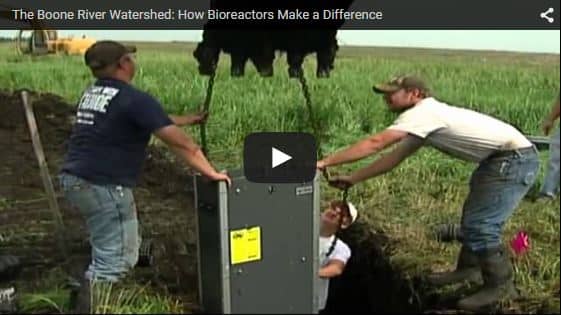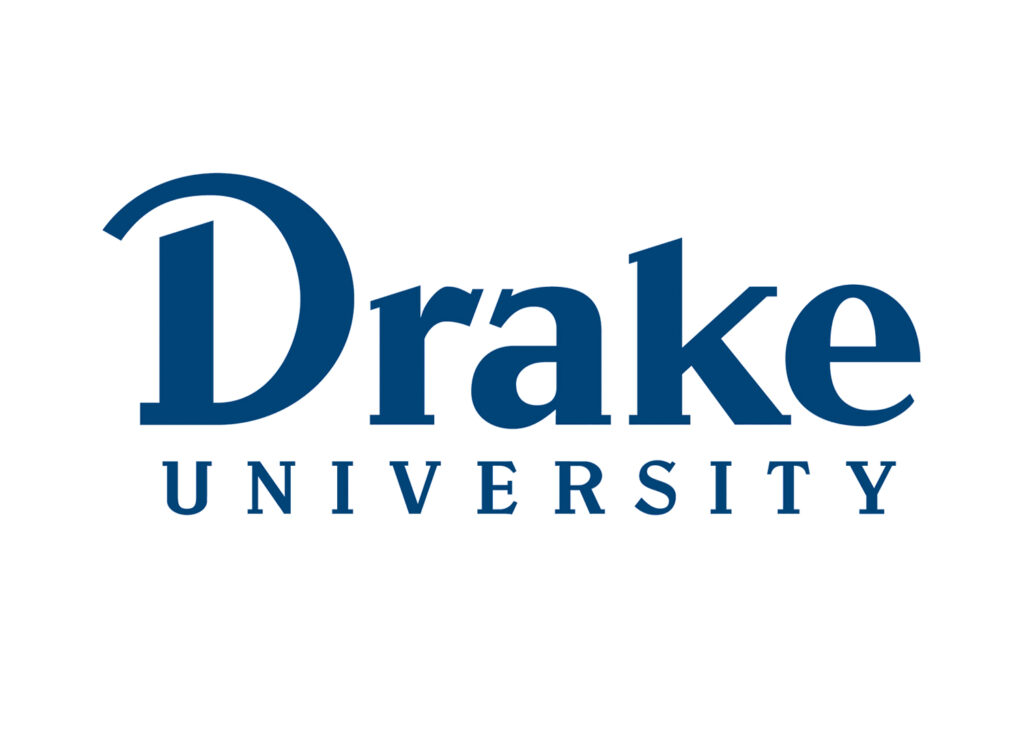Video: How bioreactors can help clean waterways

| Watch video >>> |
The renewed debate over how to keep nitrate out of drinking water supplies has amped up efforts by universities, agricultural and environmental groups, and companies to spread the word about techniques farmers can use to help.
Some of those techniques use natural processes to break down the nitrate.
In a video on its website, the Nature Conservancy describes a partnership with farmers and the Iowa Soybean Association to use bioreactors to help keep nitrate out of the Boone River northwest of Des Moines.
Bioreactors consist of buried wood chips or another carbon source. Microbes break down the nitrate, turning it into gas. The process typically removes 35 to 50 percent of nitrate, the Iowa Soybean Association reports. A system might cost $8,000, and often financial assistance is available. The wood chips last 10 to 20 years.
The discussion of techniques — and others listed in the Iowa Nutrient Reduction Strategy — is timely as Iowa farmers, environmentalists and regulators look for ways to keep the health-threatening pollutants out of water supplies.
That discussion continues as a federal court in Sioux City considers a Des Moines Water Works lawsuit that contends drainage districts should have to get federal clean water permits under the U.S. Clean Water Act. Opponents of regulating farm runoff look to voluntary measures to solve the problem.
RELATED INSIDER CONTENT:
Using biochar: Read an article by Joe Gardyasz on the use of biochar to remove contaminants. Read more >>>
Lawsuit guide: Read an article by Perry Beeman that serves as your guide to the Water Works lawsuit. Read more >>>










